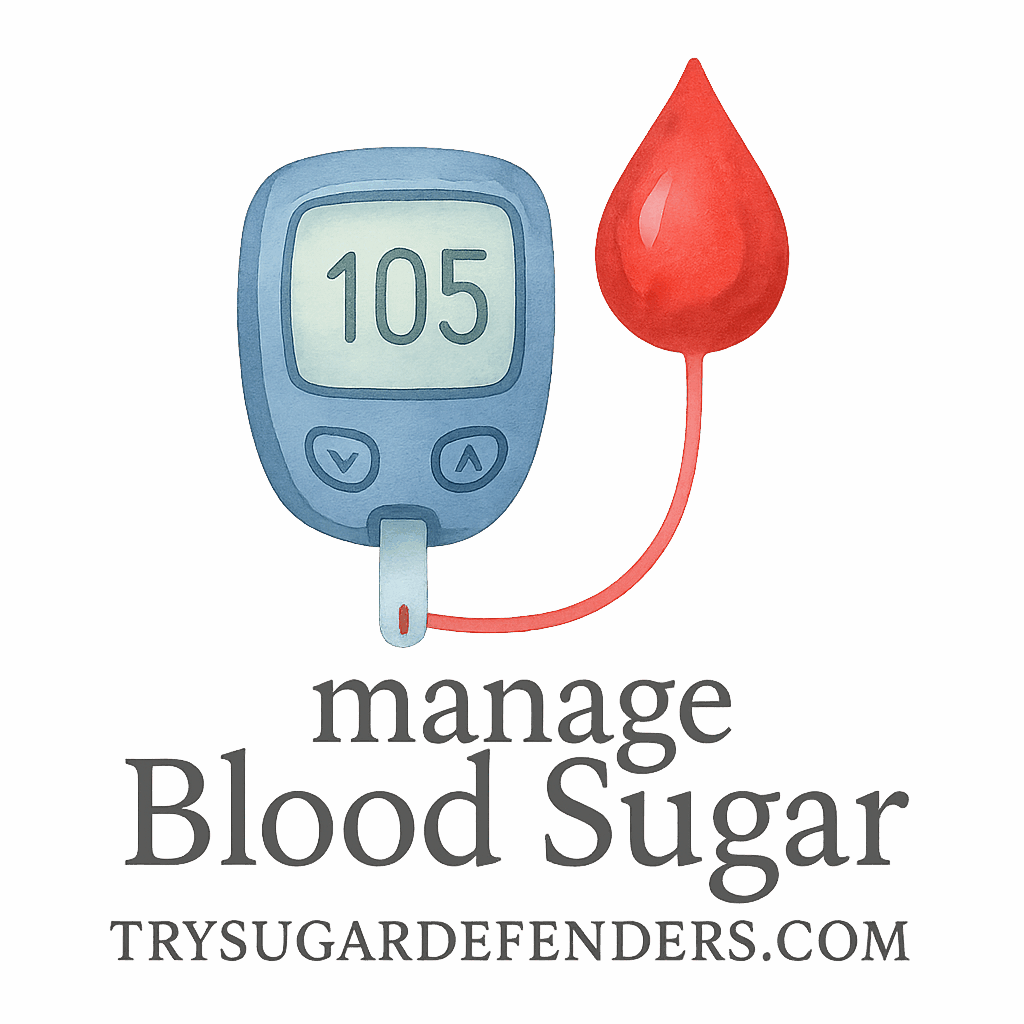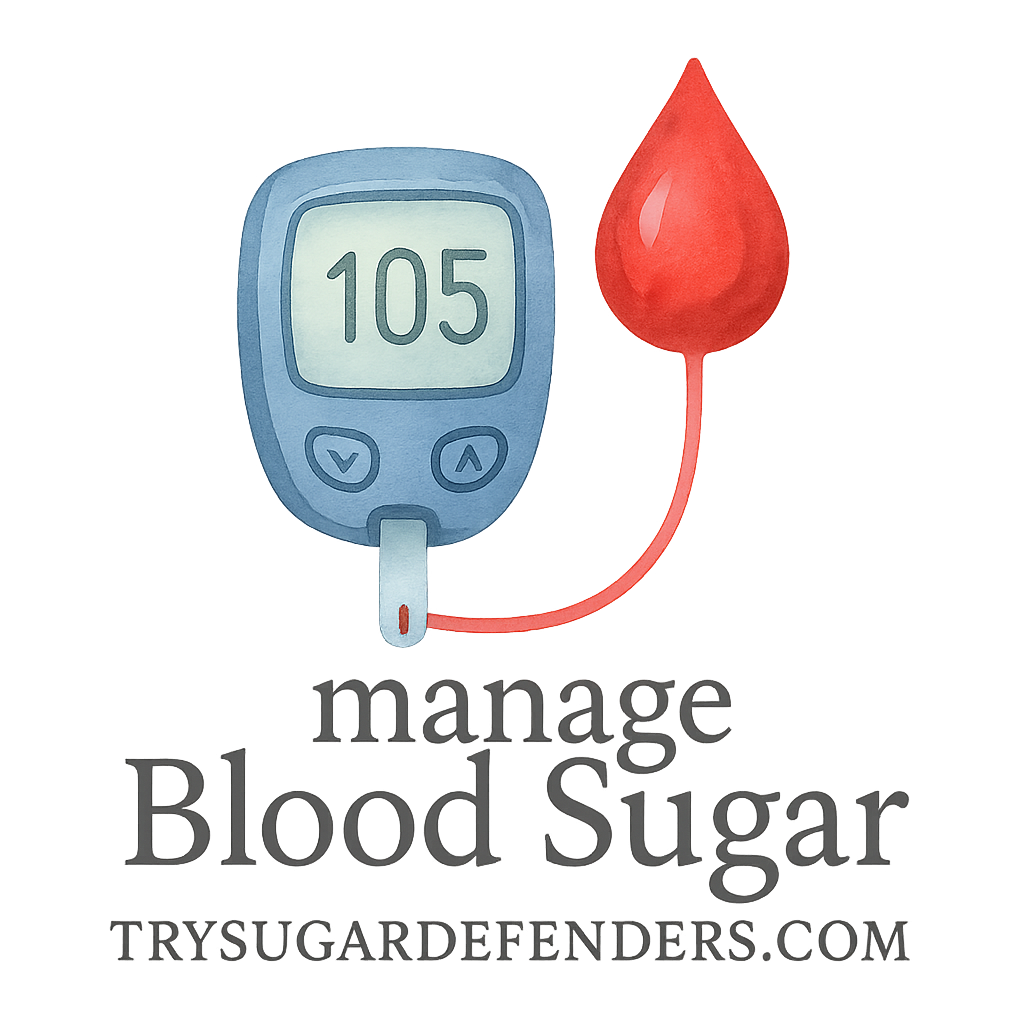Ever feel like stress makes everything worse—including your blood sugar? You’re not wrong. Stress triggers can be silent saboteurs that throw your glucose levels into chaos without warning. Let’s break down the top 7 stress triggers that spike your blood sugar—and more importantly, how to tame them.
Understanding the Connection Between Stress and Blood Sugar
What Happens in Your Body During Stress
When you’re stressed, your body enters a “fight or flight” mode, releasing cortisol and adrenaline. These hormones pump glucose into your bloodstream to give you a quick energy burst. While that’s great if you’re being chased by a lion, it’s not ideal if you’re stuck in traffic or juggling deadlines.
Why Stress Triggers Matter in Blood Sugar Control
Consistent exposure to stress triggers elevates blood glucose and makes it harder for insulin to do its job. That’s a major problem, especially if you’re managing diabetes or prediabetes.
(For helpful mental strategies, check out behavioral-mental-strategies)
1. Sleep Deprivation
The Hidden Cost of Skipping Sleep
Think missing a few hours of sleep is harmless? Think again. Chronic sleep deprivation is a serious stressor.
How It Affects Your Blood Sugar
When you don’t get enough rest, cortisol levels rise and insulin sensitivity drops. That double whammy can cause a steady climb in blood sugar over time.
(For a better lifestyle routine, visit exercise-lifestyle)
2. Work-Related Pressure
The Modern-Day Burnout
Deadlines. Zoom meetings. Office drama. Workplace stress can feel relentless.
The Blood Sugar Backlash
Long-term work stress floods your system with stress hormones, leading to sustained high blood sugar—especially when you’re snacking mindlessly while working.
Looking for a practical approach to manage this? Start with goal-setting.
3. Emotional Overload
Mood Swings, Anxiety, and Sugar Surges
Stress isn’t just physical—it’s emotional too. Anxiety, frustration, and grief act as internal stress triggers.
Psychological Triggers & Blood Glucose
Negative emotions lead to spikes in cortisol, causing erratic glucose fluctuations. Even small daily annoyances add up over time.
(Explore deeper methods at mental-strategies)

4. Skipping Meals
Starvation Mode and Stress Hormones
Ironically, skipping meals to “stay healthy” can stress your system. Your body panics, pumping out cortisol and glucose.
How Inconsistent Eating Wreaks Havoc
Blood sugar plummets, then spikes when you finally eat. That rollercoaster? It’s damaging long term.
Create a personalized food strategy at diet-nutrition
5. Overexercising Without Recovery
The Cortisol Curveball
Exercise is essential—but too much can backfire. When you overtrain without recovery, it stresses your body.
Balance is Key for Blood Sugar
Moderate activity stabilizes blood sugar, but overdoing it spikes cortisol and disrupts recovery hormones.
Want balanced fitness tips? Go to exercise and fitness
6. Financial Stress
Wallet Woes & Blood Sugar Spikes
Money stress is one of the top psychological triggers for high blood sugar. Fear and uncertainty activate cortisol production fast.
Economic Pressure Meets Biological Response
Worrying about bills or job security can cause persistent glucose elevation—even if your diet is perfect.
(Explore behavioral-mental-strategies for coping techniques)
7. Negative Thinking Patterns
Cognitive Stress and Sugar Imbalance
Your mindset shapes your biology. Constant worry or pessimism creates long-term physiological stress.
Rewiring the Mind to Reclaim Balance
Cognitive Behavioral Therapy (CBT) and journaling can help you notice negative thought loops and break them. Check out more at tag/cbt.
How to Track Stress-Related Sugar Spikes
Using Devices to Monitor Your Body
Continuous glucose monitors (CGMs) can show how stress affects your blood sugar in real-time. It’s eye-opening.
Explore the best tools at monitoring-tracking and tag/devices
Journaling and Daily Patterns
Combine data with a stress journal. What were you doing or feeling right before that spike? Look for patterns—then plan accordingly.
Proven Strategies to Counter Stress Triggers
Nutrition, Lifestyle, and Mental Tools
- Eat balanced meals regularly
- Get quality sleep
- Move your body without overdoing it
- Practice mindfulness and breathing techniques
Explore personalized plans at plan
Supplements and Support Systems
Some people benefit from targeted supplements that support stress response and glucose balance.
Check out options on medical-supplements
Final Thoughts
Stress triggers are sneaky—but manageable. By identifying the emotional, physical, and lifestyle factors that spike your blood sugar, you can take proactive steps to regain control. It’s not about perfection—it’s about progress. Be kind to yourself, and take it one step at a time.
(Visit our full guide at trysugardefenders.com to dive deeper.)
FAQs
1. Can stress alone raise my blood sugar even if I eat healthy?
Yes. Stress hormones like cortisol raise blood glucose independently of food intake.
2. How fast does blood sugar respond to stress?
It can spike within minutes, especially during acute stress events.
3. Is there a best time to test blood sugar for stress triggers?
Try testing before and after a stressful event—or track over a few days with a CGM.
4. Does meditation really help lower blood sugar?
Yes, meditation reduces cortisol levels, which helps balance glucose.
5. What foods help combat stress-related sugar spikes?
Whole foods rich in fiber, magnesium, and protein are excellent. Think leafy greens, legumes, nuts.
6. Are there medical treatments for stress-triggered blood sugar spikes?
Yes, but they’re often paired with lifestyle changes. Consult your doctor for a tailored plan.
7. What’s the #1 tip for managing stress triggers long-term?
Build a solid routine with mindfulness, sleep, nutrition, and regular tracking.


